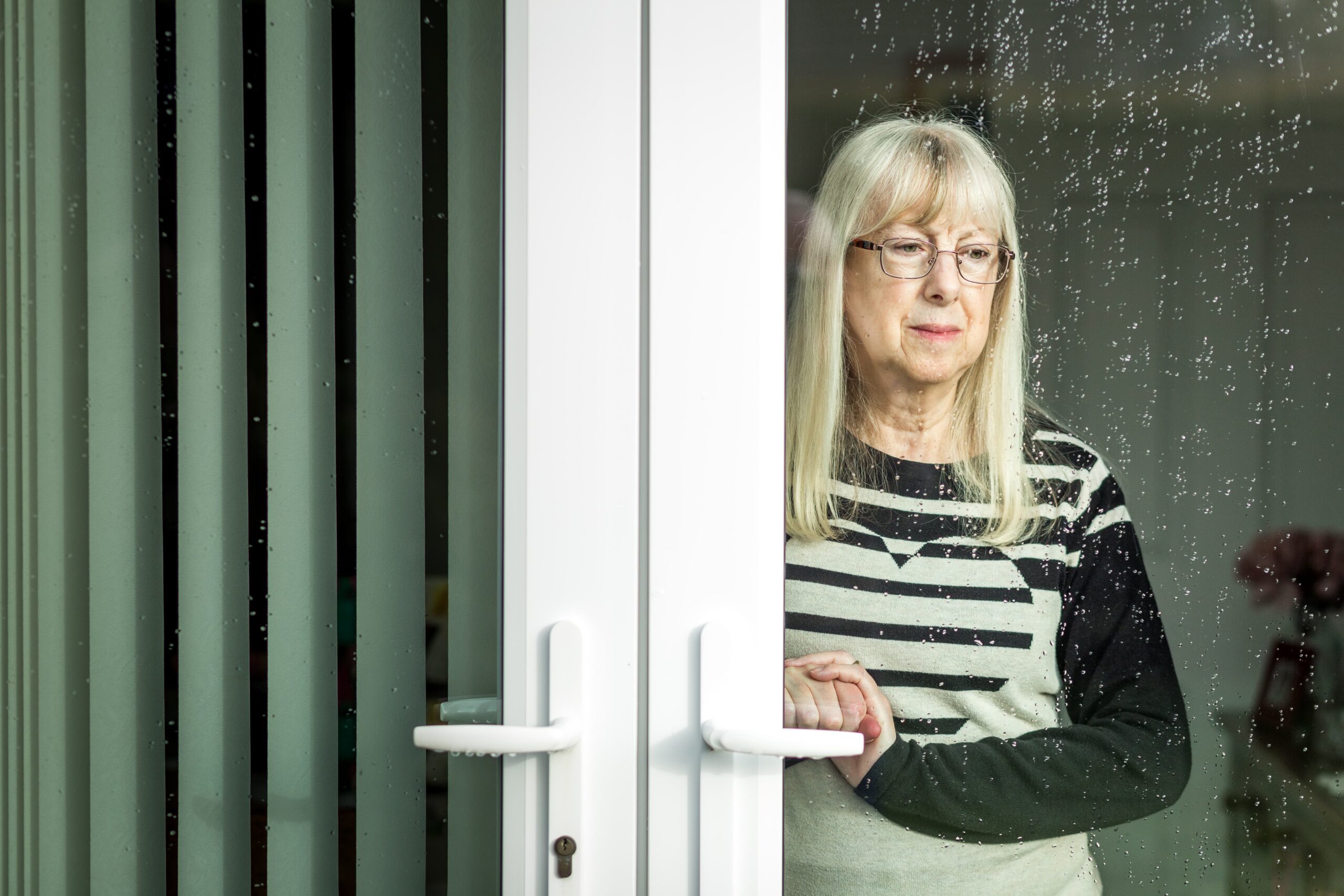Elder Abuse Prevention and Protection
This month, the House of Representatives cleared legislation to enhance law enforcement efforts against crimes against elderly people. These crimes include financial exploitation, fraud, physical and emotional abuse, and neglect.
This bill is called the Elder Abuse Prevention and Protection Act of 2017. This bill will implement a training program for FBI agents to investigate and prosecute crimes committed against the elderly. The program would include teaching FBI agents specialized strategies for helping and communicating with elder abuse victims.
This legislation also toughens penalties for perpetrators of telemarketing and email marketing fraud targeted at senior citizens.
While putting laws into place that crack down on this nationwide epidemic is a step in the right direction, most cases of elder abuse are still largely underreported. Public awareness and preventive measures are still lacking in many areas, Colorado included.
The City of Denver is fighting back against elderly abuse by creating a new unit specifically tasked with investigating crimes against at-risk seniors and adults. The new unit, called the Elder Abuse Unit, will be under the command of the Denver District Attorney’s Office and will focus on physical abuse and neglect crimes against at-risk adults—those aged 70 or older—and adults with intellectual/developmental disabilities. The unit will also expand to include prosecuting scammers who target senior citizens and other at-risk adults.
Since its inception, the unit has received more than 200 cases. While this is certainly good for the public, it may not be enough to reach every victim. Elder abuse is a crime that is often hard to detect. It happens behind closed doors and its victims are threatened to remain silent.
If you or a loved one are at risk for elder abuse, you can take steps to prevent this crime from happening:
- Protect your valuables, especially if your home is frequented by caregivers coming and going.
- Open your own mail.
- Opt for direct deposit for any income you are receiving and pay bills electronically. Postal mail fraud is more prevalent than you may think. People steal from mailboxes and it’s easy for checks to be intercepted.
- Know your financial status so that you can be on alert for possible fraud. Pay close attention to your regular budget and expenditures so you will know what to expect and will notice if something is off.
- Never give out your credit card information, your social security number, or bank account information over the phone. It is not always possible to screen every phone call, 100% of the time. Loneliness and the desire for social connection are powerful emotions and it is not uncommon for elders to answer phone calls for these reasons. Sometimes those phone calls turn out to be scammers. Smart scammers know how to build trust with a susceptible older person who simply desires social connection.
- As long as you have the cognitive capability, be a smart consumer.
- Have your advanced directives in place.
- Find a good attorney who can advise you of your options as your cognitive abilities decline.
- Be careful who you let into your home. Remember that most elder abuse is done by family members.
- Caregivers should work with their loved one’s bank to monitor unusual activity.
- Maintain regular contact. Isolation sets the stage for abuse.
Bachus & Schanker has successfully worked many cases involving elder abuse for over 20 years. If you or a loved one has been affected by any form of elder abuse, hiring a legal professional from their team who knows and will fight for your rights can make a tremendous difference.
Sources
http://www.huffingtonpost.com/entry/elder-abuse-one-in-ten-a-victim-and-most-unreported_us_59d264e2e4b034ae778d4c8a
https://ncea.acl.gov/whatwedo/research/statistics.html
https://www.fbi.gov/scams-and-safety/common-fraud-schemes/seniors
http://www.thedenverchannel.com/news/crime/the-city-of-denver-is-fighting-back-against-elderly-abuse-scammerse






